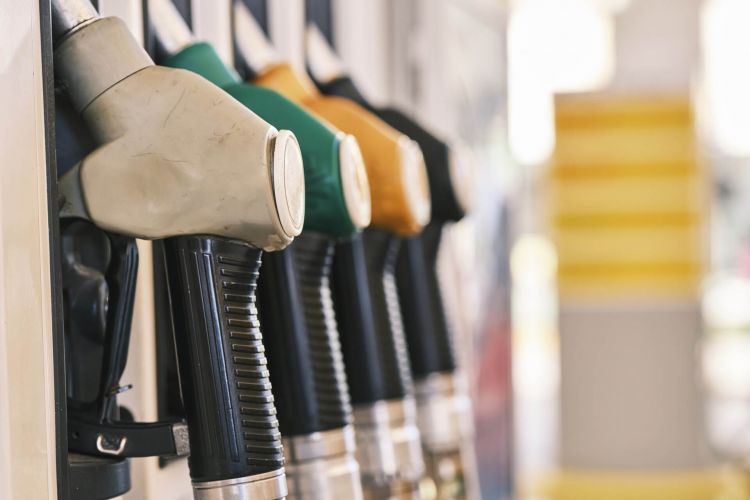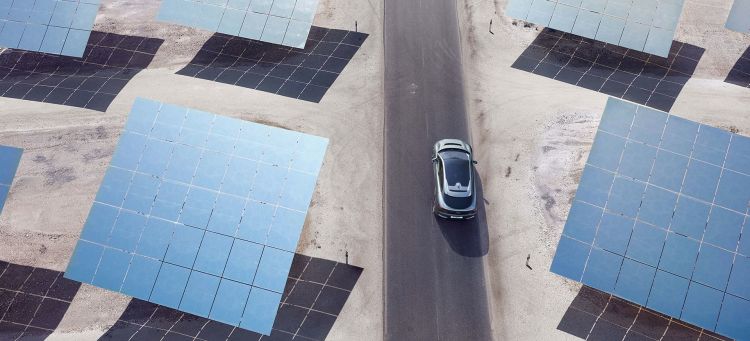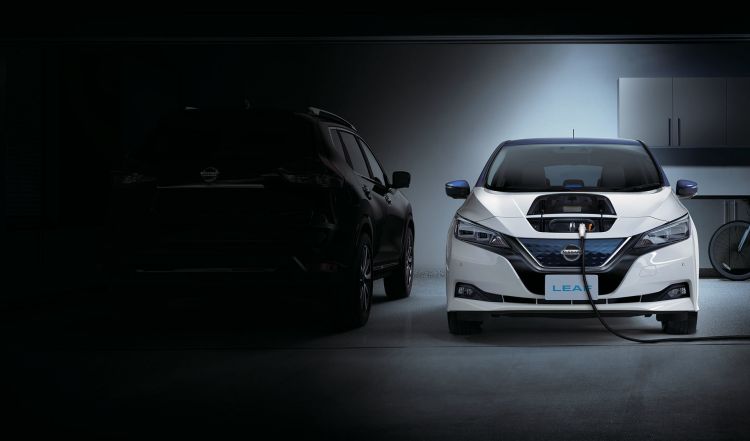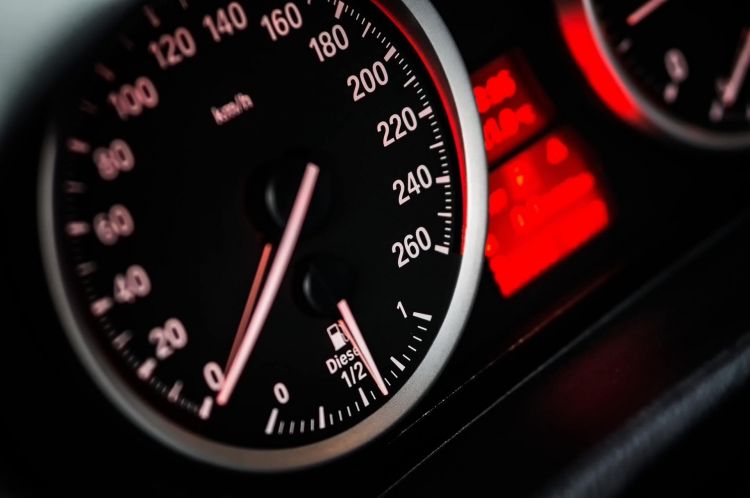There is a very traditional saying that says that whoever makes the law, cheats. The European Union has sentenced internal combustion to death. From 2035 diesel cars should not be sold, nor gasoline. Although it is true, a small loophole has been left. A clause that, in effect, is nothing more than the trap that would allow the European Union to review its objectivesin pursuit of greater laxity with manufacturers and to delay the end of internal combustion, but also to impose even more rigid and ambitious targets.
We have already told you how throughout 2022 the European Union has left some room for internal combustion. First, by admitting the possibility that cars with internal combustion engines will continue to be sold beyond 2035, as long as they are “neutral”. This would imply the guarantee that the internal combustion cars that are sold from then on work only and exclusively using neutral synthetic fuels.
But what is truly relevant for diesel and gasoline cars comes with the 2026 clause.
The European Union advocates for increasingly ambitious emission reduction targets, but also for leaving some doors open that will allow these targets to be reviewed – towards more lax regulations – in the coming years
Leaving room to review the ban on diesel and gasoline
In recent years, the decarbonisation objectives have been reviewed, and these are still subject to possible future modifications, based on the regulation 2019/631. As we were saying, throughout 2022 modifications have been introduced, such as the one that introduces the possibility of using neutral synthetic fuels and that according to the latest document approved by the European Commission establishes the following:
Following consultation with stakeholders, the Commission will make a proposal to allow beyond 2035 the registration of vehicles running exclusively on neutral synthetic fuels in accordance with European Union law, outside the scope of emission reduction targets. fleet and in accordance with the climate neutrality objectives of the European Union.
We have already told you why this solution can hardly be a generalized alternative that allows the mass sale of neutral internal combustion cars and, probably, it will be limited to keeping a series of special or iconic vehicles on the market that continue to use a combustion engine. internal.
The sale of “neutral” internal combustion cars will be allowed beyond 2035
Clause 2026, a break for diesel and gasoline?
We have also told you how some voices in the European Union have already expressed concern about a premature death of diesel and gasoline. Being aware that the die is cast for internal combustion and that by 2035 they will only be able to sell electric cars, many manufacturers have advanced their electrification goals and will have a fully electric catalog much sooner. Without a domestic market for internal combustion, those manufacturers will also stop producing cars with internal combustion engines before, or well before, 2035.
The European Union fears that ceasing to manufacture cars with an internal combustion engine implies the loss of exports and thousands of jobs. And it is precisely there where the 2026 clause comes into play, which not only aims to review compliance with the decarbonisation objectives in that year, but will also take into account its economic viability and its social consequences.
In 2026, compliance with the decarbonization objectives will be reviewed and a report will also be issued that reflects its economic consequences and its impact on social justice
The revision clause in 2026 has been established as an amendment that revises article 15, and that establishes the following:
The Commission will review, in 2026, the effectiveness and impact of this regulation, based on the biennial reports, and present a report to the European Parliament and the Council with the results of the review. The Commission will assess in particular the progress made under this Regulation to achieve the emission reduction targets in accordance with Article 1 (5a), and taking into account technological developments, including plug-in hybrid technology, and the importance of a transition towards zero emissions economically viable and socially just.
In an interview with the French media The echoesThierry Breton, European Commissioner for the Internal Market and Services, pointed out that This clause would allow the creation of mechanisms to delay the objective of prohibiting sales of diesel and gasoline in 2035 (Automotive News).
And that this option should not be taboo, and should be considered in 2026 if necessary. Especially if it is observed that the objectives established today are having negative consequences on the economy and society of the members of the Union.
There is no turning back, European manufacturers have already started their transition to electric and will stop selling diesel and gasoline, in many cases, before 2035
There is no turning back at the end of diesel and gasoline
Based on the events, it would be naive to think that the targets for banning sales of diesel and gasoline by 2035 are going to be revised. Or at least that important revisions are going to be established, beyond specific moratoriums. But the big problem is that there is no turning back to the end of diesel and gasoline and manufacturers have not only accepted this ban, but have already started down a path that will not be reversed, in many cases advancing their goals.
Despite the fact that many manufacturers have expressed their concern about the transition that has already begun, we have already seen how the largest manufacturers on the continent have set an end date for diesel and gasoline sales. Volkswagen recently confirmed that in 2033 they will only sell electric cars. And far from demanding moratoriums or a delay in the established deadlines, they are asking the European Union to carry out more forceful and decisive actions that are in line with promoting the purchase of electric cars, their production in Europe, and facilitating their use. , for example by promoting the creation of charging networks in the community territory.







